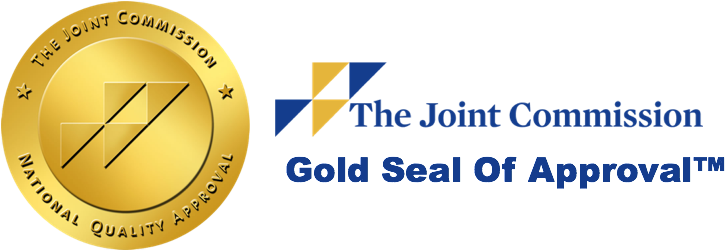It is natural for families and friends to instinctually help someone they love who is struggling and support them in any way possible. In the case of an addiction, this assistance can be more harmful than helpful. In this blog, we will discuss ways to help an addict without enabling their addiction further. First, we should compare the difference between helping and enabling behaviors.
Helping VS. Enabling Behaviors
You enable addiction when you do something to empower the addict in their behaviors. Denial by ignoring the facts and protecting your loved one from the damage they have caused is allowing them to continue in these behaviors and preventing them from recognizing the full issue. Help, on the other hand, is acknowledging the complexity of the problem, addictive behaviors, and their consequences. Pointing your loved one to professional resources and learning more to support them through recovery are constructive ways to help without enabling addiction.
Before you can learn how to stop enabling an addict, you should be familiar with the signs of enabling an addict. Recognizing these signs within yourself and other loved ones can help you change your supportive behavior for the better.
Signs of Enabling an Addict
- Financial support for their habits
- Free place to stay
- Downplaying the problem
- Unprofessional emotional support
- Lying to help them
- Ignoring the problem completely
If you realize that you are doing one or more of these enabling behaviors, you shouldn’t feel guilty. Acknowledge that you are a learner along the path of recovery just as your loved one is. Now that you have recognized an enabling behavior, choose to stop and find a new approach. Here are some things you can do to stop enabling addiction and start constructively helping your loved one.
How to Stop Enabling an Addict
Are your actions and assistance toward him or her only helpful short-term? Your short term help of allowing them to stay in your home, or supporting them financially, will not help 5 years down the road. Looking at the addict’s future provides a fresh perspective of what actions you can take today.
Remove yourself immediately from situations that may endanger you or cause you pain. Separate your feelings of responsibility for this person from your personal safety and needs. Make a list of things that you want to make time for and schedule those in. Laundry, meditation, exercise, and cooking are just a few of the activities that you may have been disregarding as you hyper focused on your loved one. As you start to prioritize yourself, you will find new energy and a passion for life that can motivate your loved one in addition to you.
Any physical aid that is more of a short-term band aid than a long-term solution, should be acknowledged and withdrawn. Financial aid and physical shelter are two examples of resources that may not be necessary for you to help your loved one. Check if these or other behaviors are enabling their behavior to continue, and if so, discontinue this type of support.
Do not mold your schedule or activities to their needs. If they are not willing to participate in something, follow through and do it without them. Recognize that an accommodating schedule is one of the hardest enabling behaviors to stop because it is painful for both you and your loved one. Leaving them out is important because if the situation becomes negative for them, this signals the addict that something is wrong, and causes them to recognize their actions and behaviors and lean towards accountability.
No matter what role you play in an addict’s life, recognizing actions that enable addiction will help you become a truer supporter on their journey towards lifelong recovery.
Parental Enabling
It is important to point out that parents often feel an extra obligation to assist their children and help them to overcome challenges. Parental purpose and joy often comes from playing a supportive role in their child’s life. Feelings of failure may result from stepping back from the child, and forcing them to acknowledge a problem and handle its consequences.
Observe your family role and how your position as a sibling, parent, or child has impacted the way you may enable addiction. Recognize the feelings that are attached to helping this loved one. These feelings are valid. As you learn more about the signs of enabling addicts you will be able to recognize the danger of these behaviors and eventually find comfort in a more hands-off approach towards supporting their long-term health.
Conclusion
Many productive ways to help a drug addict do exist. By encouraging professional help, learning about their addiction, watching for relapse, and seeking support for yourself, you can be a strong support to your loved one without enabling addiction.
With residential treatment, a day program, and outpatient support, The Phoenix has levels of support for every step along an addict’s journey. When selecting a treatment center, you should consider treatment history, faculty credentials, patient reviews and more. Learn how to choose the best addiction treatment center for your loved one here.







